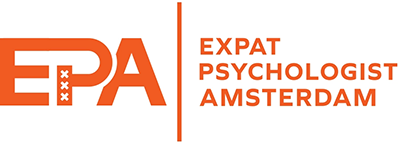developing your skills
excessive workload- stay sane at work!
Workplace stress is a common issue that many individuals face, characterized by factors such as deadlines, traffic, excessive commitments, difficult interpersonal dynamics, and the perennial challenge of time scarcity. Even if we genuinely enjoy our work, daily stressors can still have an impact. While we often perceive stress as something happening to us, it is crucial to recognize that stress is essentially our response to external circumstances.
It is understandable to feel overwhelmed when faced with a heavy workload, but it is important to remember that you do not have to carry the burden of stress alone. Your well-being should be your primary concern, and you have the power to prevent stress from dominating your life and diminishing its quality. So, how can you effectively manage stress in the face of work-related pressure?


training for you
The duration of training sessions may vary depending on the specific topic and content to be covered. Options range from one-hour “lunch-and-learn” sessions to half-day, full-day, or two-day workshops. Customized durations can also be accommodated for certain training needs. While the following topics are in high demand, our team is capable of providing training on other tailored subjects as well.
- Assertive Communication Training
- Conflict Resolution Techniques
- Anger Management Strategies
we can help you build productive work environment
Furthermore, we offer an Employee Assistance Program (EAP) designed to support individuals in maintaining their well-being while at work. Our commitment is to deliver exceptional, innovative, and effective work-related healthcare services to employees, positively influencing their lives and providing significant return on investment for their employers.
When an individual’s sense of psychological safety is compromised, it can have a detrimental impact on their ability to perform at their best and be productive. However, organizations can implement crucial initiatives to address psychological hazards and risks, prevent psychological harm, and foster employee well-being and productivity.


